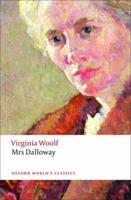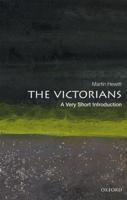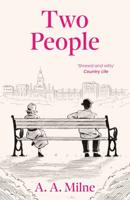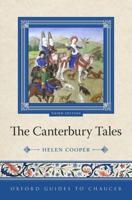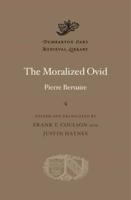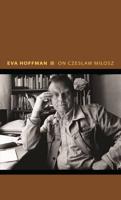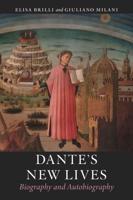Publisher's Synopsis
What were Wilde's intentions? They had always been suspect, from the time of Poems, when the charge was plagiarism, to his trials, when the charge was sodomy. In Intentions (1891), the book on which his claim as a theoretical critic chiefly lies, and in two related essays, `The Portrait of Mr W. H.' and `The Soul of Man Under Socialism', Wilde's epigrammatic dazzle and paradoxical subversions both reveal and mask his designs upon fin-de-siècle society. In the first extended study of Wilde's criticism, Lawrence Danson examines these essays/dialogues/fictions (unsettling the categories was one of their intentions) and assesses their achievement. Danson sets Wilde's criticism in context. He shows how the son of an Irish patriot sought to create a new ideal of English culture by elevating `lies' above history, levelling the distinction between artist and critic, and ending the sway of `nature' over liberated human desire.

